Cars and Drivers
I Always Dreamed of Purchasing a Mercedes-Benz, But These 10 Red Flags Changed My Mind

Published:

When you consider purchasing a luxury car in 2025, there is a better-than-good chance you’ll at least consider a Mercedes-Benz. One of the most prominent car brands worldwide, there is something about owning a Mercedes that makes people feel successful and proud.
Mercedes-Benz is one of the premier luxury car brands in the world. The challenge with buying a Mercedes is that sometimes you spend far more than you bargained for. Instead of a Mercedes, you might want to look at more practical options which hold their value longer. Are you ahead, or behind on retirement? SmartAsset’s free tool can match you with a financial advisor in minutes to help you answer that today. Each advisor has been carefully vetted, and must act in your best interests. Don’t waste another minute; get started by clicking here here.(Sponsor)
Key Points
However, while buying a Mercedes-Benz might sound fantastic on paper, there is every reason to suspect you should take a pass. Even if the Mercedes name can command respect, giant maintenance costs go beneath the glossy surface, which should make you think twice about ownership.

This is silly, but a particular lifestyle seemingly comes with it for anyone who drives a Mercedes. You might feel like you are taking on the responsibility of trying to show you are living a “rich” lifestyle, even if that isn’t why you bought the car. Ultimately, this kind of pressure isn’t for everyone and isn’t guaranteed to happen, but many Mercedes owners complain about it after purchase.

There is something crazy about the idea that you must buy a car and then “keep up with the Joneses,” but this is a reality for Mercedes owners. Ultimately, buying a luxury car might sound better on paper as the actual cost of ownership might mean you are less happy with a Mercedes than you were when you owned a different, less expensive vehicle.
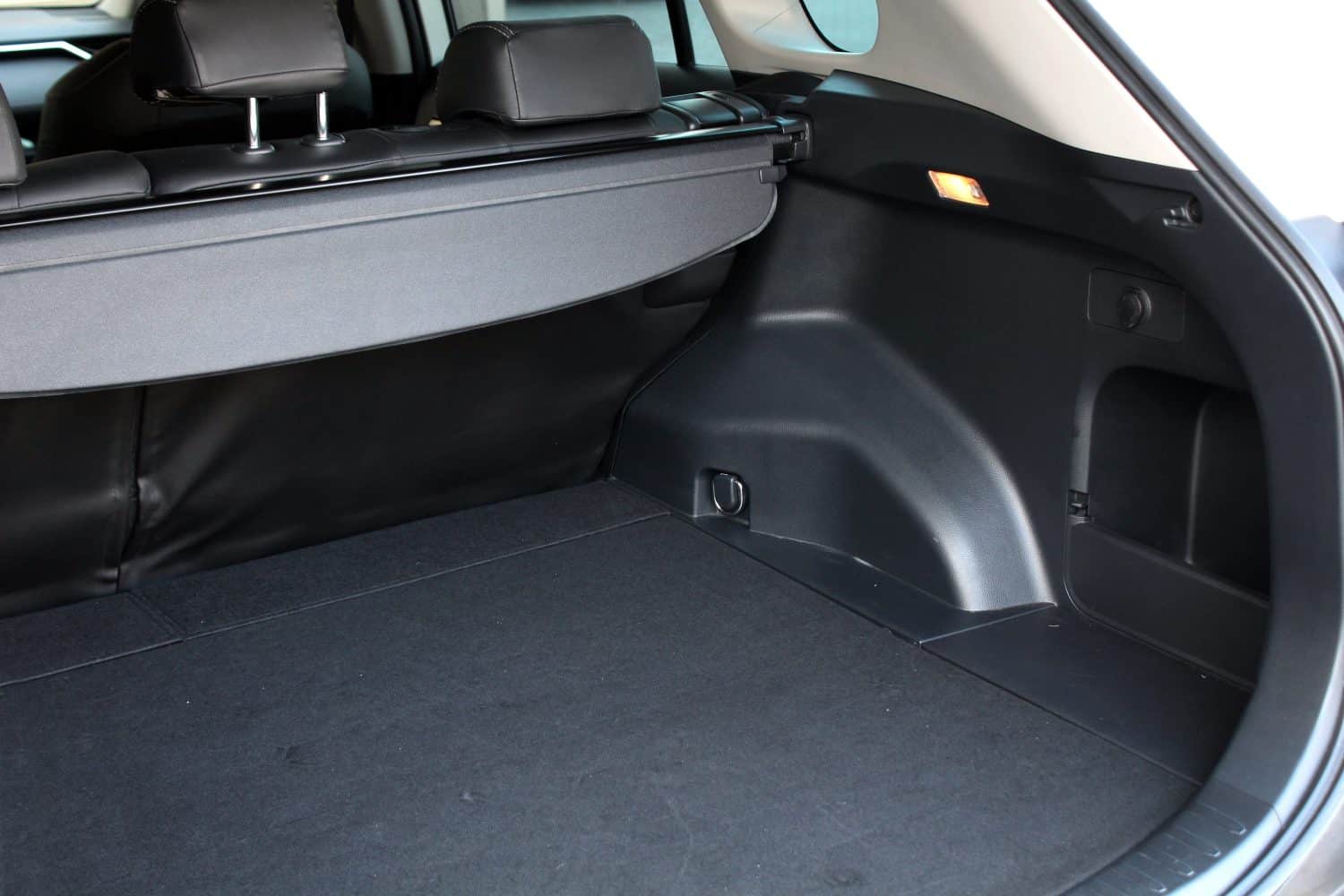
While the Mercedes SUV might be storage-friendly, the sedans it offers often have less cargo room than many of its direct competitors. This is also a problem BMW suffers from, so it’s not exclusive to Mercedes. This should be a concern for anyone who generally likes to go on road trips or even needs more than a backpack on a regular basis.

Everything about owning a Mercedes isn’t always going to come down to practicality. After all, this is a luxury vehicle. However, when it comes to cargo, this is an area many people won’t and shouldn’t compromise on. Considering that a Toyota Camry offers far more trunk storage than a similarly sized Mercedes, it begs the question of why spend this much.

In some ways, many people buy a Mercedes because this is the right move once you hit a certain income level. A Mercedes-Benz might be excessive and unnecessary, especially if you don’t use MBUX or any of the more advanced technologies.
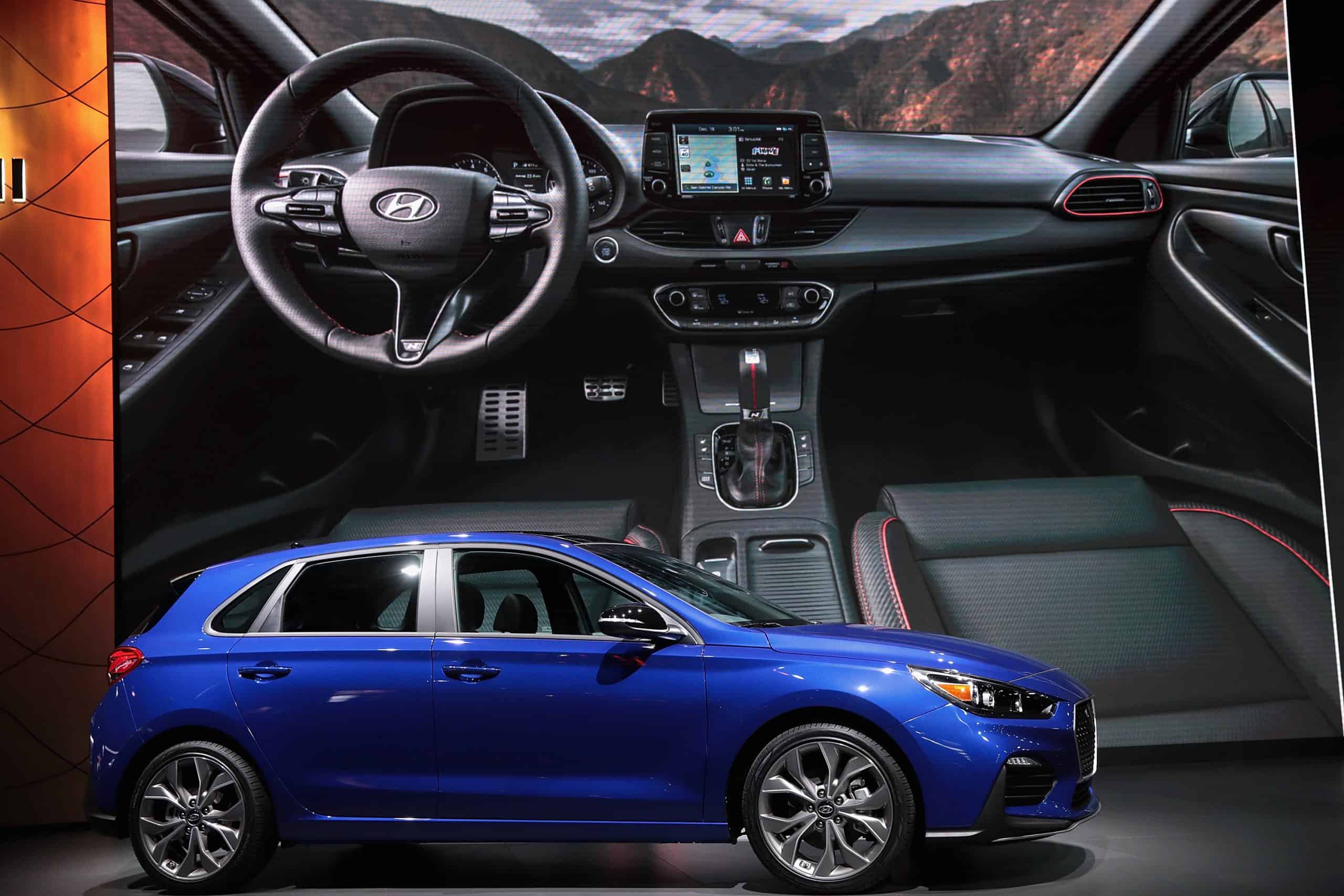
There is a very good reason a luxury vehicle like a Mercedes is considered a “luxury” because it’s unnecessary. Plenty of practical vehicles fulfill the exact purpose of driving from point A to point B. This might be worth considering if you do a lot of driving and will quickly put a lot of miles on a vehicle.

One of the positives of driving a Mercedes is getting a smooth and quality ride, something you expect from a vehicle with this price tag. This ride is so soft because Mercedes uses what many mechanics call “overengineered mechanicals” and a lot of fancy technology that helps raise the vehicle’s price.

The downside of including anything that is overengineered into a Mercedes will undoubtedly mean trouble. Any instance of a problem with a vehicle means that you will need advanced mechanical experience to diagnose whatever could be happening with a Mercedes properly. Once again, everything relates to cost, and even taking time to diagnose a problem could mean wasting big dollars.
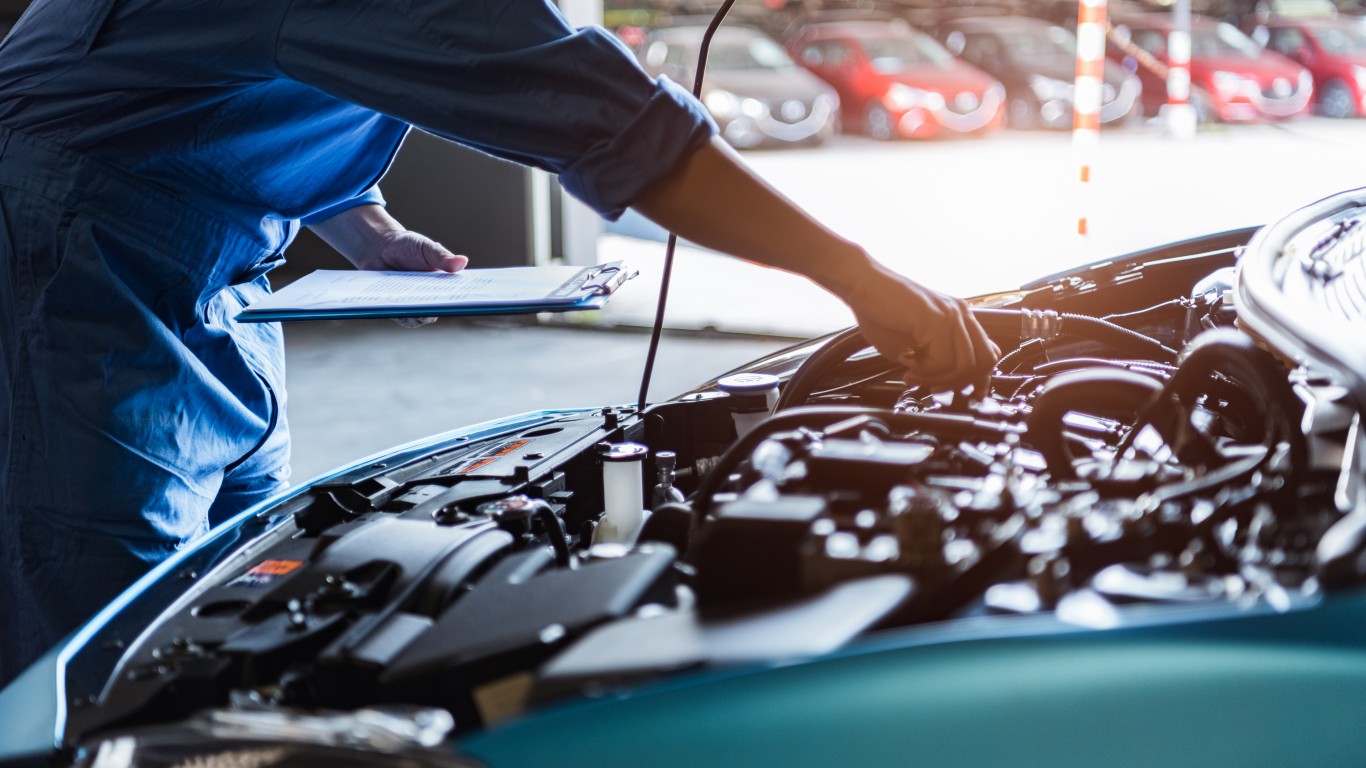
While we’ll discuss the cost of Mercedes repairs, one other issue is how complicated Mercedes are to repair. This does not just relate to the costs; you also have to consider the idea that you need to work with a qualified repair person who can charge you more.

The last thing you want is to pay a high sticker price for a Mercedes only to work with someone who isn’t qualified to properly diagnose any issues with the car down the road. This means that you need to only work with certain mechanic locations, including directly with a Mercedes dealer, which once again circles back to the idea of money and costing more.
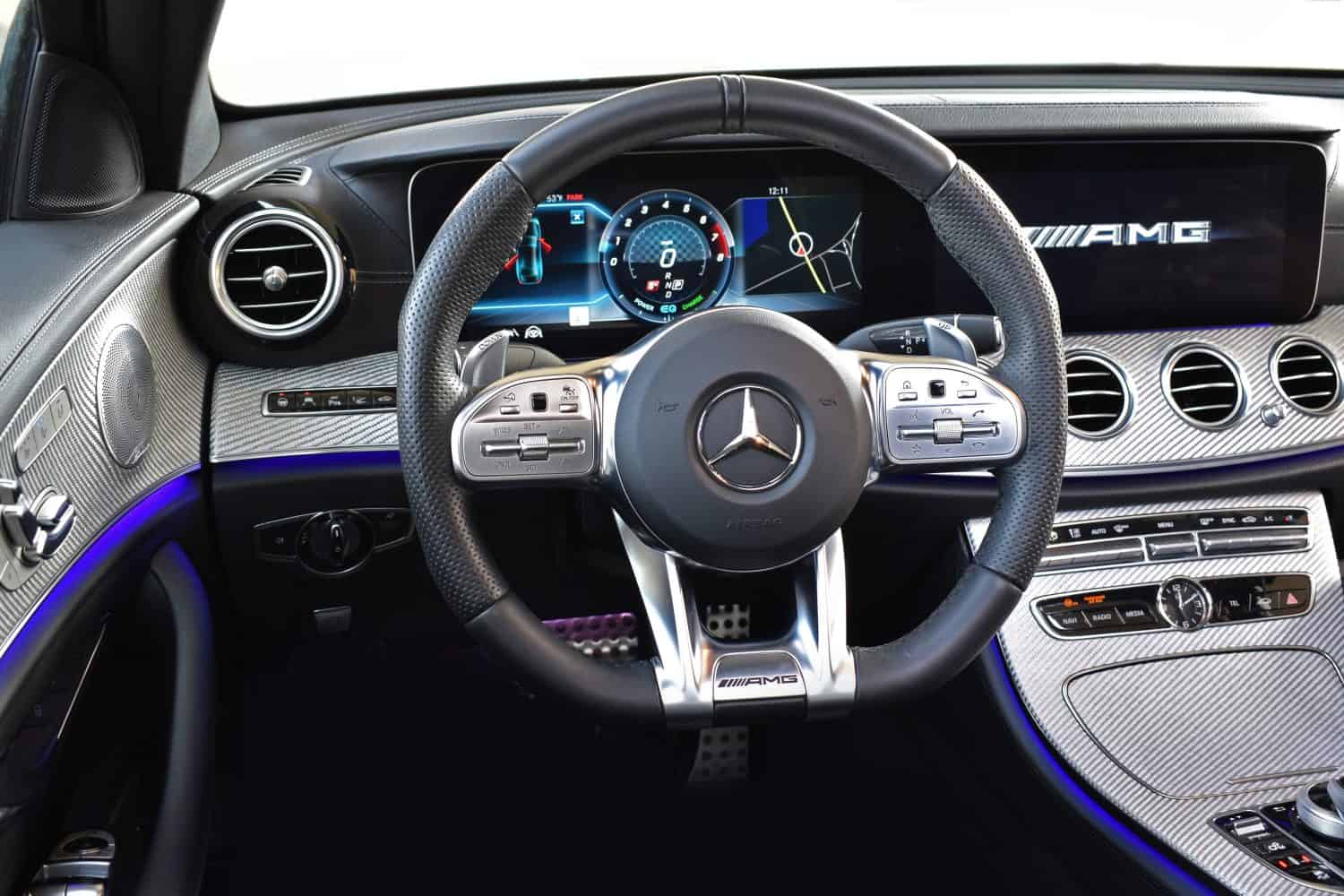
Buying a Mercedes often means getting advanced technology, including features like MBUX, a Mercedes’ artificial intelligence system that can help personalize your driving experience. This feature lets you find your favorite music or adjust the temperature settings using your voice.
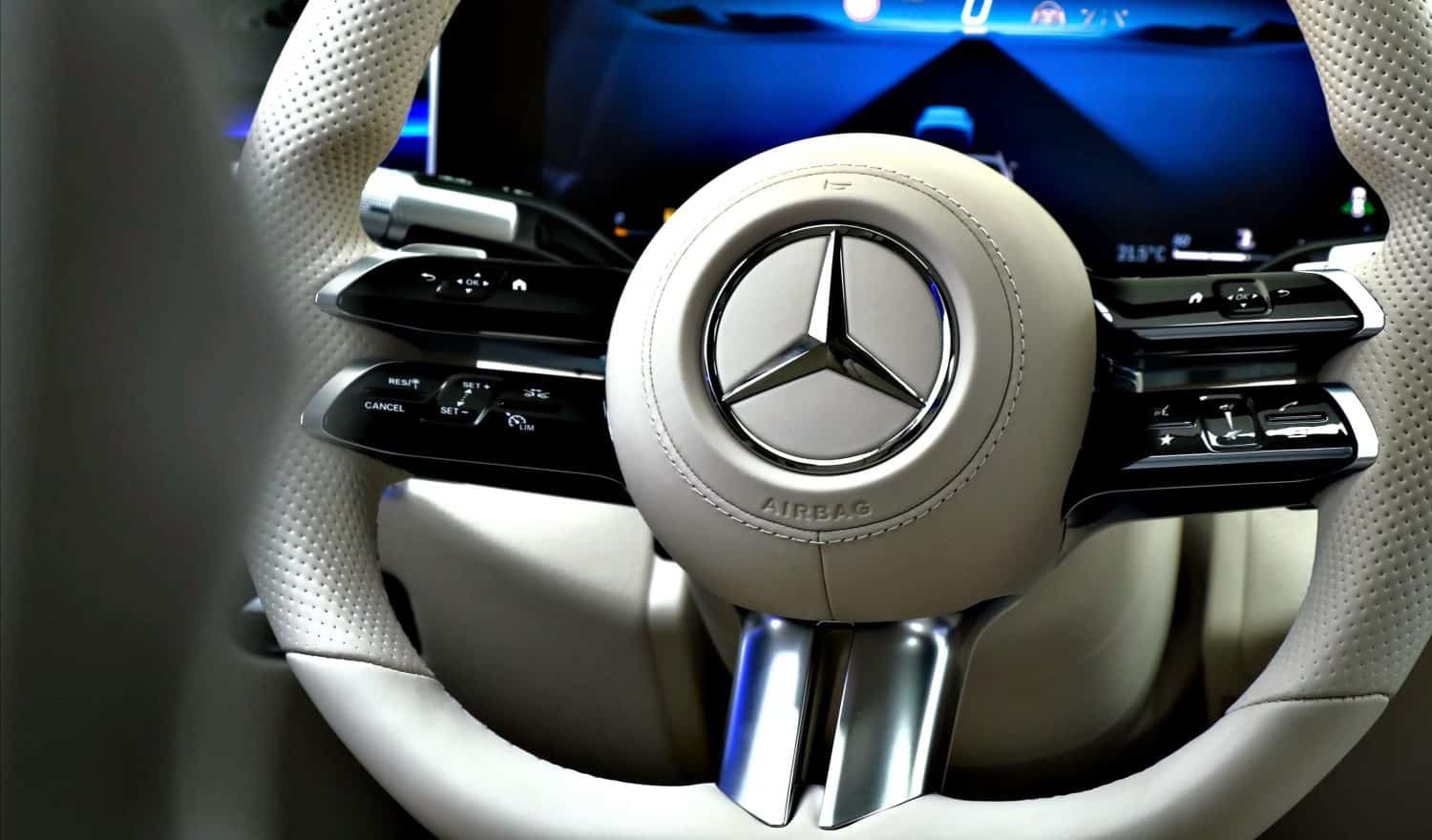
The downside of buying a Mercedes is that this technology, while advanced and rich in features, is also very complex. Driving a Mercedes requires a very real learning curve that goes beyond knowing how to shift gears and activate a turn signal. This technology can also fail, and if that is the case, you could be looking at longer repair times and heftier costs.

If you are concerned about insurance payments, switching to a Mercedes will probably not be good for your wallet. As you’re already paying for an expensive car, you will pay a higher premium for a Mercedes due to its high price tag, potential repair costs, and any theft risk.

The bottom line with insurance is that even though your car payment will remain the same, you’re likely to see your insurance costs go up over time. This means Mercedes’s potential cost of ownership will only worsen over time. Combined with potentially significant depreciation, you might find that the value of driving a Mercedes only sounds good on paper but not in reality.

Everyone knows that when a car drives off a lot, it loses some of its most immediate value. However, things get interesting with a Mercedes when you factor in that some Mercedes models can drop below 50% of their value within the first three or four years of ownership.

This is one of the biggest reasons to push aside your dreams of buying a Mercedes. The idea that an expensive purchase like a Mercedes can quickly become a depreciating asset is a huge red flag. While cars are known to depreciate, vehicles like a 2024 Ford Bronco are expected to hold as much as 66% of their value after 5 years.

As a luxury brand and expensive vehicle, anyone buying a Mercedes should go into any deal knowing that any out-of-warranty maintenance issues would be costly. The challenge is that even an oil change can cost two or three more than most expect.

One of the biggest reasons not to purchase an expensive vehicle like a Mercedes is the high cost of ownership. The more luxury you have, the more advanced features Mercedes installs, like its large touchscreens, the more likely you will be surprised when you get a maintenance bill.
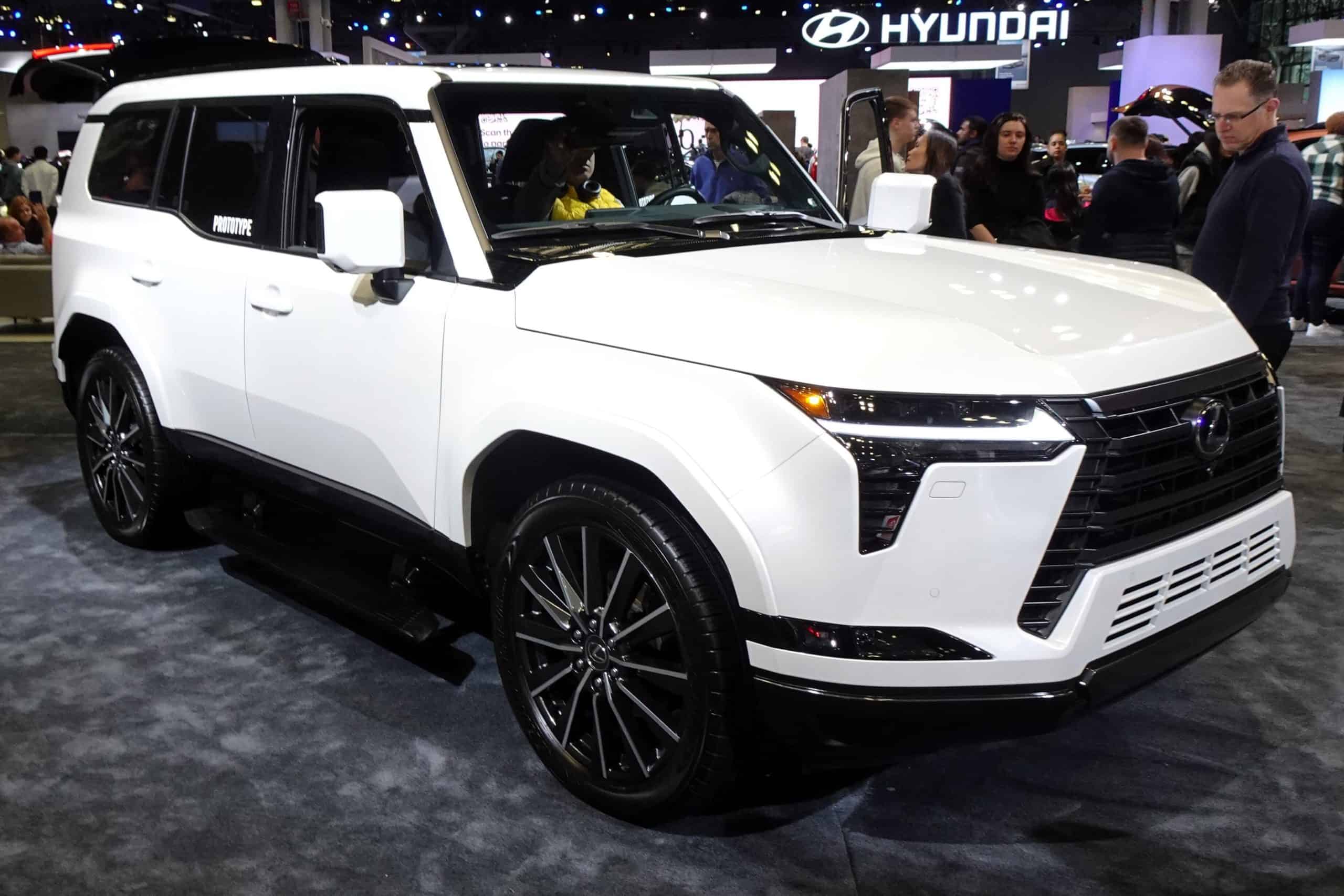
You may get more for your money between BMW, Lexus, Infiniti, and other car manufacturers that play in the same luxury space as Mercedes. Lexus, in particular, is often number one with Consumer Reports for long-term ownership and has an arguably better ride than Mercedes.
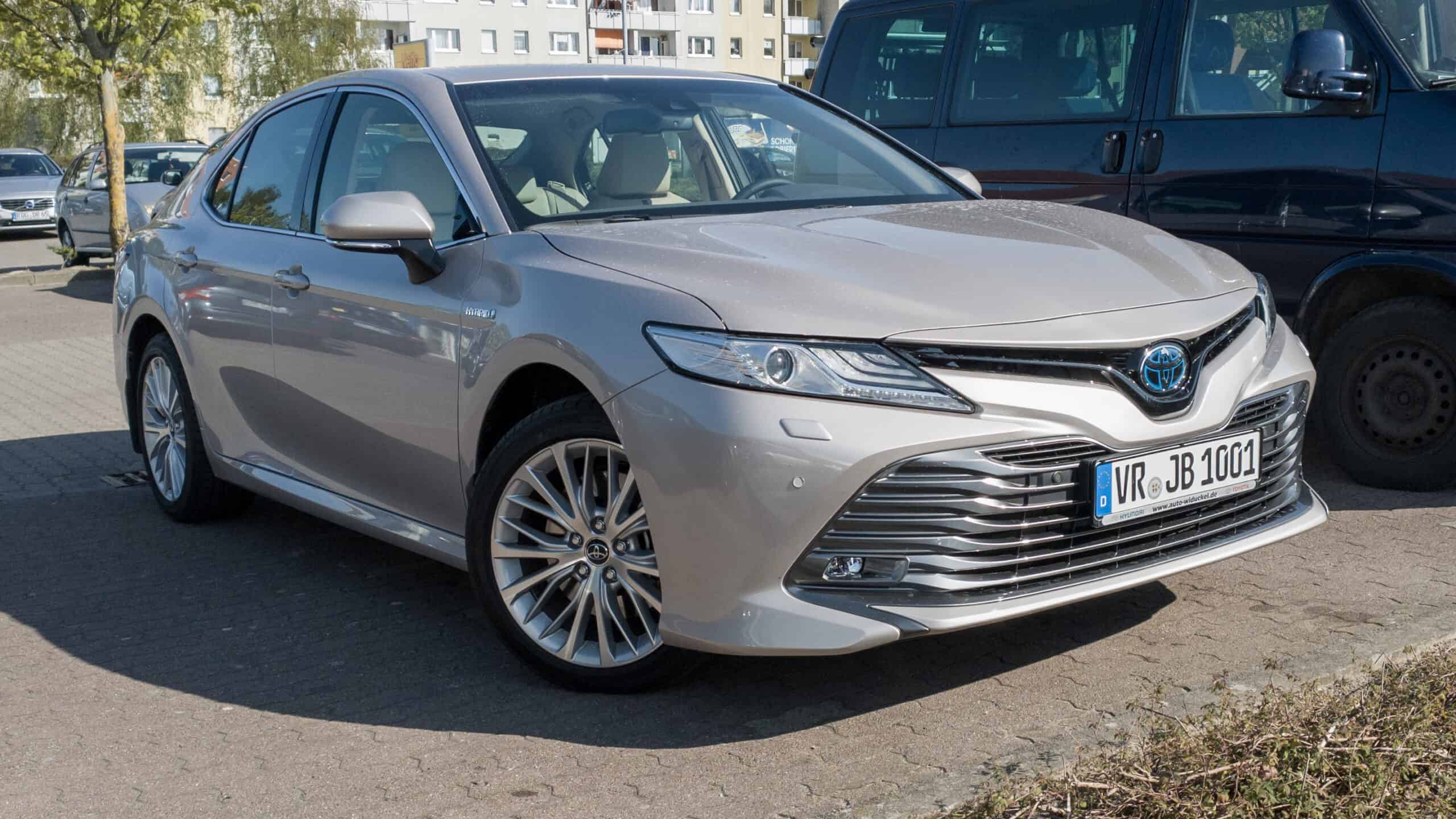
When you think more about the type of vehicles available today, you can be far more practical with your choices and, in many cases, get more options. While branches like Kia or Hyundai carry the cachet as far as Mercedes, you get more standard options, extended warranty, and even better safety scores.
Retirement can be daunting, but it doesn’t need to be.
Imagine having an expert in your corner to help you with your financial goals. Someone to help you determine if you’re ahead, behind, or right on track. With SmartAsset, that’s not just a dream—it’s reality. This free tool connects you with pre-screened financial advisors who work in your best interests. It’s quick, it’s easy, so take the leap today and start planning smarter!
Don’t waste another minute; get started right here and help your retirement dreams become a retirement reality.
Thank you for reading! Have some feedback for us?
Contact the 24/7 Wall St. editorial team.